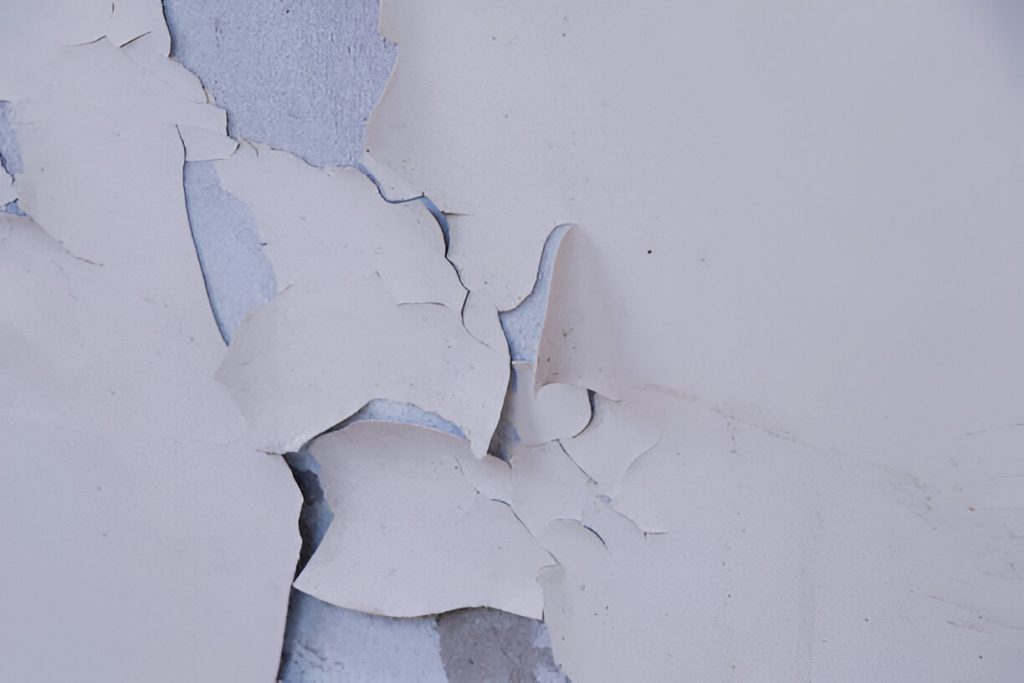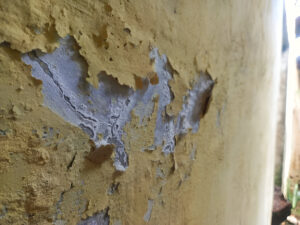Receiving the news that your house failed a lead inspection can be disturbing. It is natural to feel pressured and unclear about your next moves. But do not panic. This blog will explain what a lead inspection involves, why it’s essential, and what the results mean for you and your family. Whether you’re a worried homeowner or a renter, knowing the consequences of a failed lead inspection is the first step in protecting your loved ones from the hazards of lead exposure.
What Should You Know About the Lead Threat?
Lead is a hazardous metal, was widely used in paint until 1978. As paint deteriorates, lead-based dust may contaminate surfaces, air, and soil. Children are especially sensitive to lead poisoning, which can result in developmental and neurological damage.
Steps to Take If Your Home Fails a Lead Inspection
It’s essential to be cool and take decisive action. Here’s a guide to assist you with the process:
Confirm the Results
Before making any decisions, it is essential to confirm the accuracy of the inspection results. Consider the following steps:
- Double-check the findings
Check the inspection report to understand the specific places listed as lead hazards.
- Seek a second opinion
If you are unsure about the results, try calling a different lead inspection company for a second opinion.
Identify the Source of Lead Contamination
Identifying the specific source of lead contamination is critical for choosing the most effective remediation method.
- Inspect painted surfaces
Look for peeling, chipping, or cracking paint. These are common causes of lead exposure.
- Check for lead-based plumbing
Older homes may contain lead pipes or solder that contaminates drinking water.
- Test other potential sources
Examine dust, soil, and window wells for lead contamination.
Remediation Options
Once you’ve proven the presence of lead and found its source, you may consider different remediation options:
- Consult a lead risk expert
A specialist may assess the extent of the lead danger and provide suitable solutions.
- Weigh your options
When deciding how to proceed, consider the extent of the lead, the expense remediation, and the presence of small children or pregnant women.
- Lead abatement
This includes removing lead-based paint and other lead-containing items. It is usually the most effective, but expensive option.
- Lead hazard control
This focuses on containing lead-based paint and preventing its spread through methods like sealing or covering painted surfaces.
- Hire certified professionals
Always use the services of a licensed lead abatement contractor to guarantee that the job is done safely and efficiently.
Also Read: 5 Benefits of an EPA-Certified Lead Inspection Company
How to Deal with Potential Health Risks
Lead poisoning can have health consequences. Symptoms may include learning impairments, behavioral issues, hearing loss, and developmental delays. Adults can also have health concerns like high blood pressure, kidney damage, and reproductive problems.
While you wait and schedule for a permanent solution, you must limit your family’s lead exposure. Here are some tips:
- Frequent handwashing: Encourage everyone, especially your children, to wash their hands often, especially before eating or touching their face.
- Wet cleaning: Use wet cleaning techniques to prevent lead dust from spreading. Instead of sweeping, mop the floor and damp-wipe the surfaces.
- Ventilation: When the weather permits, open the windows in your home to improve air circulation.
- Remove shoes: Ask visitors to take off their shoes before entering your home to avoid tracking in lead-contaminated dust.
- Child supervision: Keep young children away from painted surfaces and locations where lead-based paint has chipped or peeled.
- Regularly test children: If you have small children, arrange regular blood testing to detect lead poisoning.
Discovering lead paint in your residence can be concerning but remember that it’s a common issue in older homes. Understanding the hazards, acting, and securing expert advice will help you solve the problem and safeguard your family’s health.
While temporary precautions can reduce exposure, it is critical to hire the services of a certified lead inspection company. They can give accurate evaluations and suggest the right remediation techniques.
Also Read: 7 Reasons Why Lead Water Testing Is Essential
Ensure a Lead-Free Home
Trust Manhattan Lead Inspections to protect your family and your home. Our professionals have the expertise and latest technology to detect lead hazards and perform successful remediation techniques. We put your health and safety first. From rigorous lead inspections to safe and efficient removal, we provide comprehensive options for your specific needs. Call Manhattan Lead now to schedule a free consultation.




